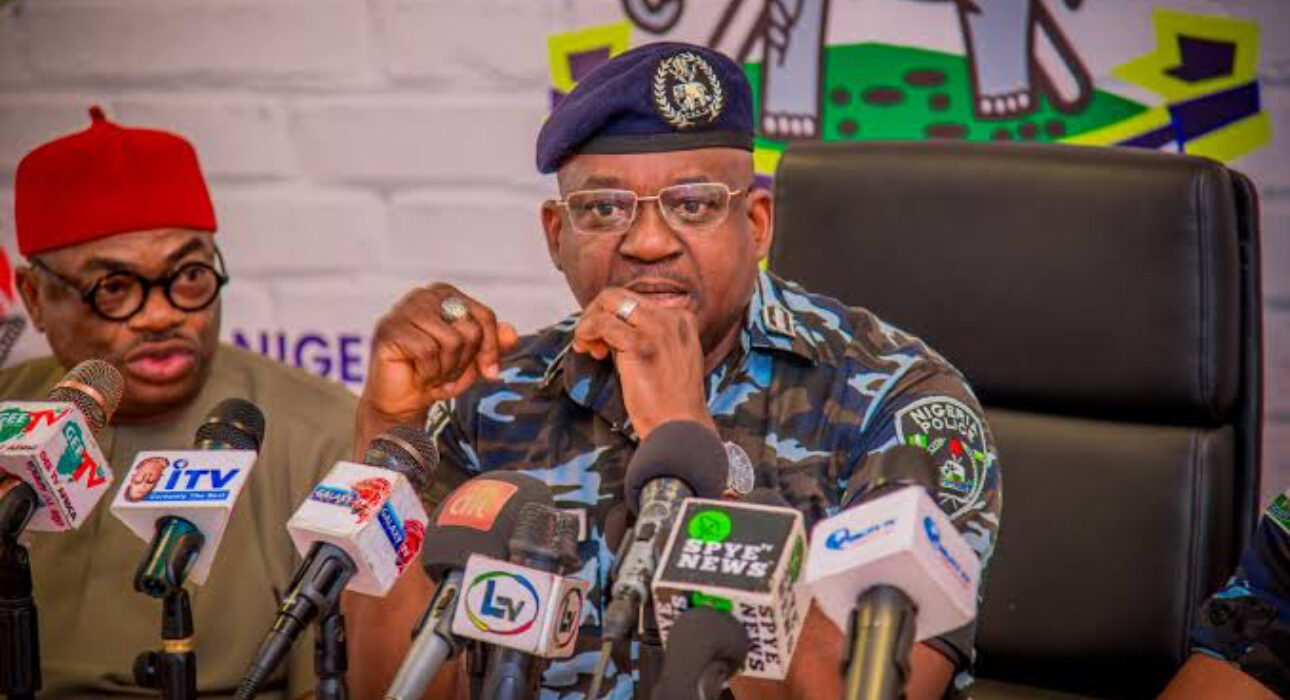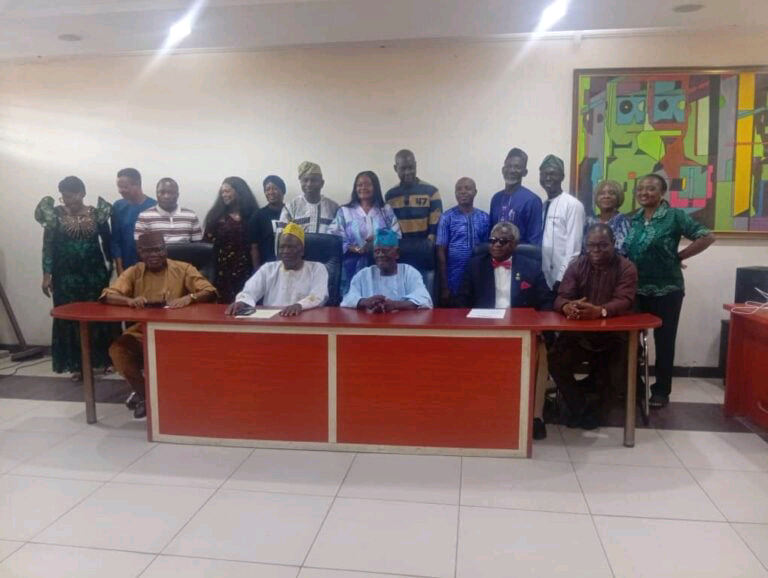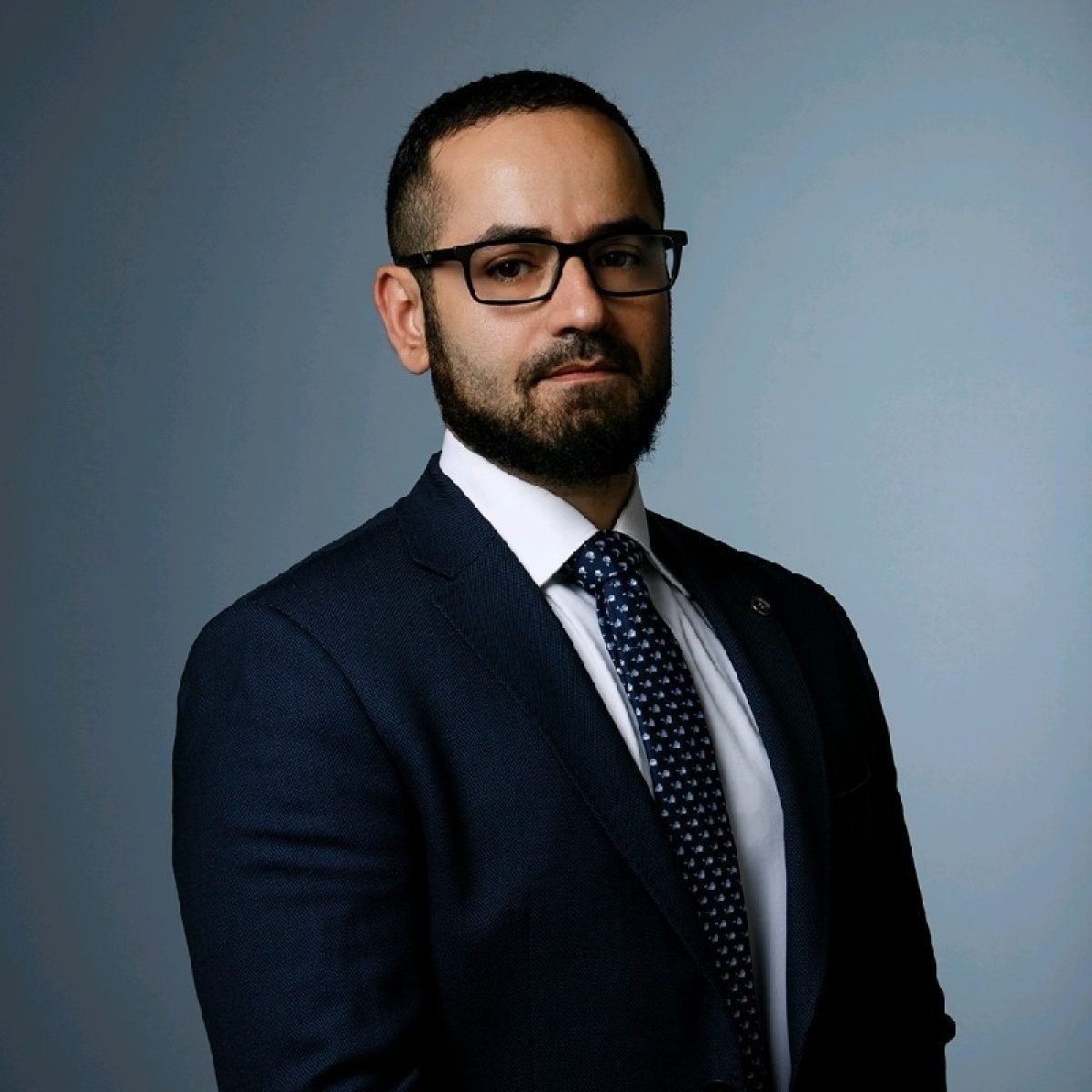Presidency Wants Fake News Criminalized Over National Security, Misinformation

The Presidency has called for the criminalization of fake news and misinformation, labeling it a growing threat to national security, public trust, and democratic stability.
This renewed call comes after the rapid spread of false reports claiming the dismissal of the country’s Ministers of Defence and Power — an incident the Presidency has described as deliberate disinformation intended to incite confusion and unrest.
In a statement released through presidential spokespersons, the government emphasized that fake news was not merely a nuisance but a dangerous tool capable of undermining governance and national unity.
“It is imperative that we address this menace with the seriousness it deserves.
“Those who fabricate and spread falsehoods with the intent to deceive or destabilize the nation must face legal consequences,” the statement read.
The Presidency has tasked national security agencies, including the Department of State Services (DSS) and the Nigerian Police Force, to intensify surveillance and enforcement actions against individuals and digital platforms found to be peddling fake news.
This is not the first time the Nigerian government has raised concerns over the spread of misinformation. In 2019, the controversial “Protection from Internet Falsehoods, Manipulations and Other Related Matters Bill,” popularly referred to as the “Social Media Bill,” was introduced to the National Assembly.
The bill sought to penalize the transmission of false statements online with fines of up to ₦10 million and jail terms of up to three years.
However, the proposed legislation sparked widespread criticism from civil society groups, journalists, and international human rights organizations. Critics argued that the bill’s vague language could be exploited to suppress free speech, silence dissent, and restrict press freedom.
Despite the backlash, government officials have continued to advocate for legal mechanisms to curb misinformation, pointing to the damaging impact of fake news during national crises, elections, and periods of insecurity.
While the government pushes for stricter regulations, concerns remain over the balance between curbing fake news and protecting freedom of expression. Legal experts and human rights advocates have called for clearer definitions of what constitutes fake news and have urged the government to avoid measures that could criminalize legitimate criticism or investigative journalism.
“The problem with many of these proposed laws is that they are often open to interpretation.
“There’s a thin line between countering misinformation and suppressing speech, and that line must be carefully managed,”said legal analyst, Dr. Ijeoma Okonkwo
The Presidency has hinted at plans to collaborate with the National Assembly to craft a new legal framework tailored specifically to tackle disinformation while respecting the rights enshrined in Nigeria’s Constitution.
Additionally, public sensitization campaigns and media literacy initiatives are being considered as complementary strategies to empower citizens to critically assess information and identify fake news.
As Nigeria continues to navigate the challenges of the digital age, the debate over how best to combat fake news — without stifling freedom of expression — remains at the forefront of national discourse.








